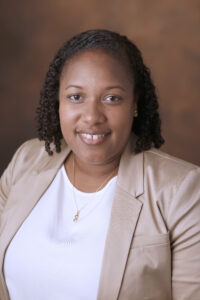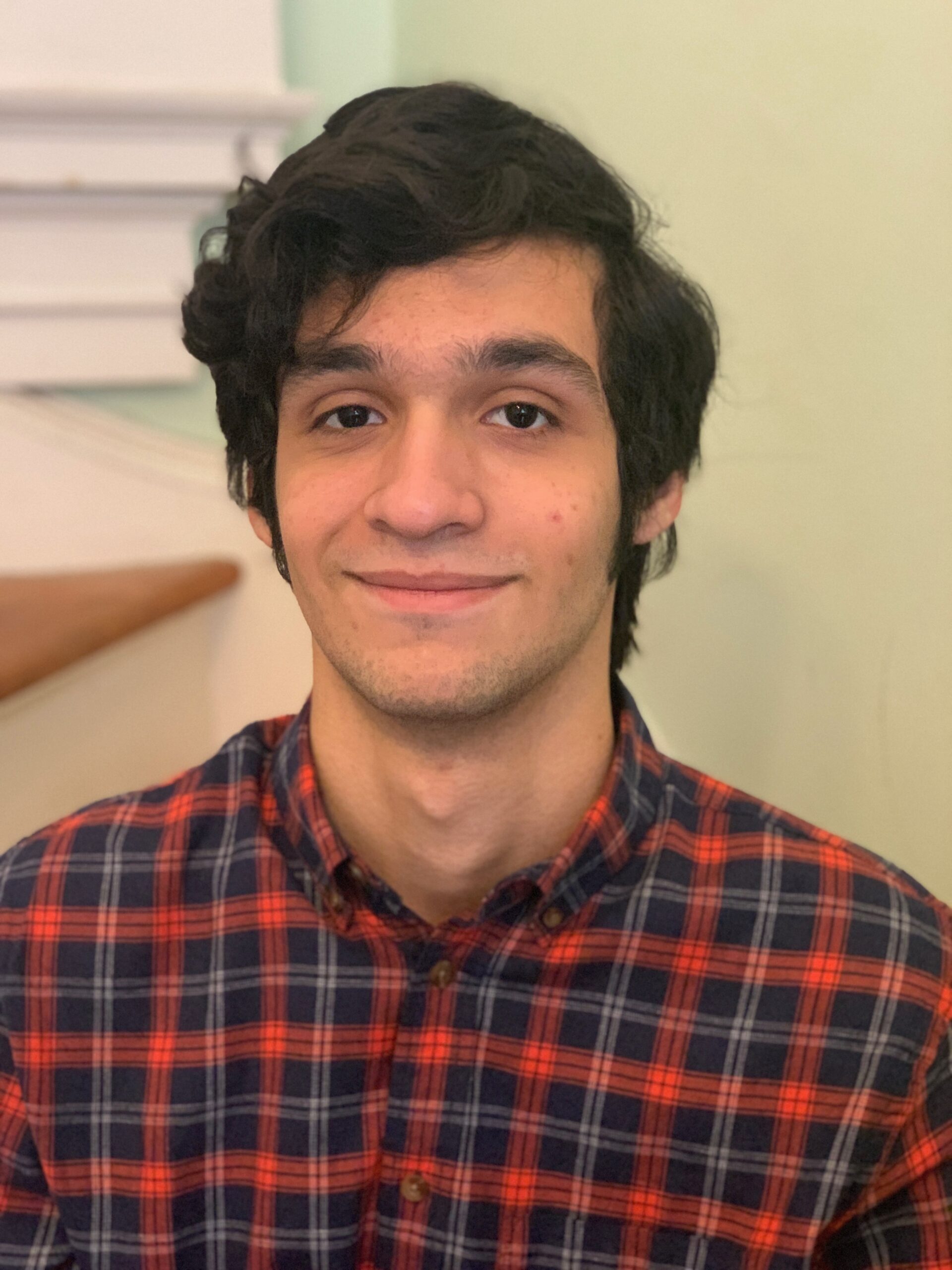Dr. Julianne Vernon, Associate Dean for Academic Success and Assistant Professor of the Practice in the Chemical and Biomolecular Engineering Department at Vanderbilt University, has spent over 12 years creating and redesigning programs for STEM undergraduate and graduate students on educating the whole engineer.
Raised in the Bronx, Dr. Vernon graduated from the CCNY Department of Chemical Engineering in 2004 as a first-generation college student.
Despite initial reservations about pursuing a doctorate after a couple of years working as a process engineer for the NYC Dept. of Environmental Protection, Dr. Vernon attended the University of Florida and earned a Ph.D. in Environmental Engineering. While studying for her Ph.D., Dr. Vernon got involved in higher education program creation, a path of work she enjoyed more than the “normal” side of engineering.
Dr. Vernon previously worked at the University of Michigan, where she was involved in three projects on campus, ranging from redesigning a survey course to help students determine their major in the school of engineering, assessing the addition of high-tech devices on student understanding of Newtonian dynamics in a physics’ lab course, to integrating faculty-led research topics in the introductory chemistry and biology laboratory courses funded by the Howard Hughes Medical Institute.
Her shift in focus has translated to her current role at Vanderbilt, where she hopes to improve STEM and engineering education by implementing innovative pedagogy and focusing on student retention and success. Upon arriving at Vanderbilt, Dr. Vernon sought to create student engagement programs like the ones she was a part of at the University of Michigan, University of Florida, and CCNY.

9-7-2018 – Julie Vernon, PhD, Asst. Dean of Academic Programs for the School of Engineering. (Vanderbilt University / Steve Green)
As the Associate Dean for Academic Success in the School of Engineering, Dr. Vernon oversees the school’s vital student programming, including first-year courses, study abroad programs, student organizations and tutoring, the summer bridge program, and international initiatives in Latin America.
Dr. Vernon assesses the school’s student programming by collecting relevant information through interviews and surveys and connecting with the student population. The overall goal is to ensure all programs improve student confidence and encourage participants to have a positive outlook on their academic careers.
“I look at different subgroups of students that we have on campus in engineering, whether they be our female students, or our minority students, or other groups,” Dr. Vernon said. “And based on the data, we can determine how the programs affect the students on campus.”
One new program Dr. Vernon developed and received a grant for from the Kern Entrepreneurial Engineering Network (KEEN) was a first-year course redesign that introduced hands-on engineering activities and emphasized both the entrepreneurial side of engineering and concentrations within the field of chemical engineering.
“The skill that I try to get them to see or to learn is connecting what they do, what they plan to learn in engineering courses, and how that relates to real life,” Dr. Vernon said. “A lot of times students are very detached in terms of the content, and what they learned in class until they get to a laboratory course.”
Dr. Vernon advocates for the early involvement of students in research labs to solve the common disconnect among students between their major and the real-world applications of their studies.
“A lot of the students have anxiety their first year on which major to choose and that they’ll be stuck in that major and they’ll be stuck in a job,” Dr. Vernon said. “And so what I try to do is let them to see the big picture of how things can connect without really knowing the details of the science behind it.”
Dr. Vernon also teaches soft skills such as prioritization and time management to first-year students so they can learn its importance early in their academic careers and have it pay dividends when they are searching for internships and jobs during their junior and senior years.
“A lot of students tend to have a hard time learning how to prioritize what they need to do when they need to do it,” Dr. Vernon said. “And so we do a couple activities and get them on board on how to do it and how to accept the consequences of things when you don’t prioritize them.”
Dr. Vernon is developing several other student programs at Vanderbilt, such as alumni mentoring network, and revamping other programs, like tutoring and Emerging Scholars Seminar series, most of which are in the assessment phase.
Through this programming supported by the School of Engineering, Dr. Vernon hopes to inspire the next generation of scientists and engineers and aid them in unlocking their potential to succeed in all facets of life.

Gabriel is a student at the Weissman School of Arts and Sciences at Baruch College, double majoring in journalism and political science. He is also the editor of the Science & Technology section of Baruch College’s independent, student-run newspaper, The Ticker.